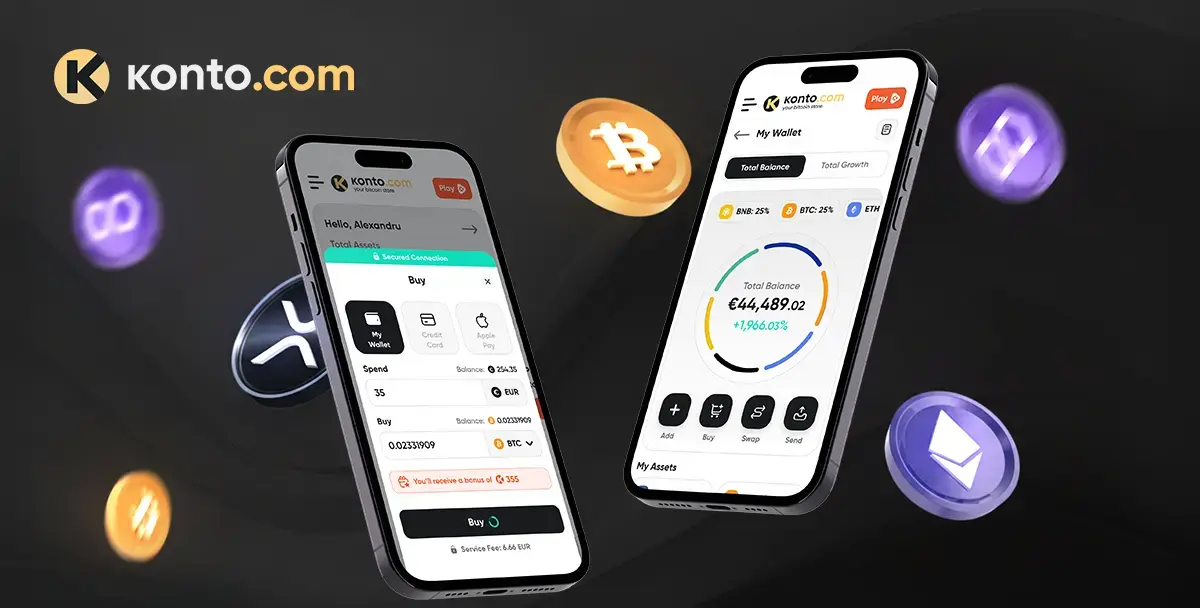The platform was created in 2015 by Vitalik Buterin, a Russian-Canadian programmer, and has become one of the most popular blockchain platforms in the world.
One of the key differences between Ethereum and other blockchain platforms is that it is programmable. This means that developers can use Ethereum to build decentralized applications (dApps) that run on the platform. These dApps can be used for a wide range of purposes, from finance and healthcare to gaming and social media.
The currency used on the Ethereum platform is called Ether (ETH), which is used to pay for transaction fees and to incentivize miners to validate transactions. Like Bitcoin, Ether is also used as a form of investment, as its value is determined by supply and demand.
One of the most important features of Ethereum is its ability to run smart contracts. Smart contracts are self-executing agreements that automatically execute when certain conditions are met. These contracts are stored on the Ethereum blockchain, making them tamper-proof and transparent.
Smart contracts can be used for a wide range of purposes, from financial transactions and insurance policies to supply chain management and real estate transactions. By using smart contracts, businesses and individuals can eliminate the need for intermediaries, which can save time and money.
Another important feature of Ethereum is its ability to create and run decentralized autonomous organizations (DAOs). A DAO is an organization that is run entirely by code and operates on a decentralized platform. Members of the DAO can vote on proposals and make decisions, making it a truly democratic organization.
Ethereum also has a strong community of developers and enthusiasts, who are constantly working to improve the platform and create new applications. The platform has been used to create a wide range of dApps, including decentralized exchanges, social networks, and games.

One of the challenges facing Ethereum is scalability. As more dApps are built on the platform, the number of transactions on the network is increasing, which can lead to slower transaction times and higher fees. To address this issue, Ethereum is currently in the process of transitioning to Ethereum 2.0, which will use a new consensus algorithm called proof-of-stake (PoS) and sharding to improve scalability.
In conclusion, Ethereum is a decentralized platform that runs smart contracts, which are self-executing agreements that automatically execute when certain conditions are met. It is programmable, which allows developers to build decentralized applications that run on the platform. The currency used on the platform is Ether, which is used to pay for transaction fees and to incentivize miners. Ethereum has a strong community of developers and enthusiasts, and is constantly evolving to meet the needs of its users. While there are challenges to be addressed, Ethereum has the potential to revolutionize a wide range of industries and create a more decentralized and democratic world.








